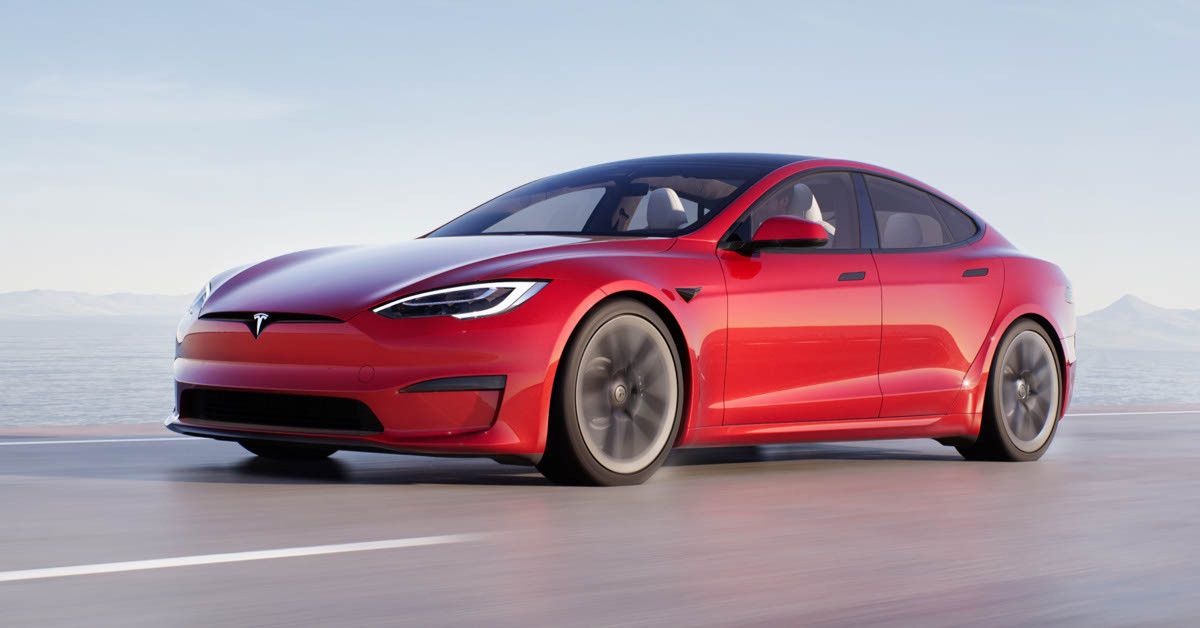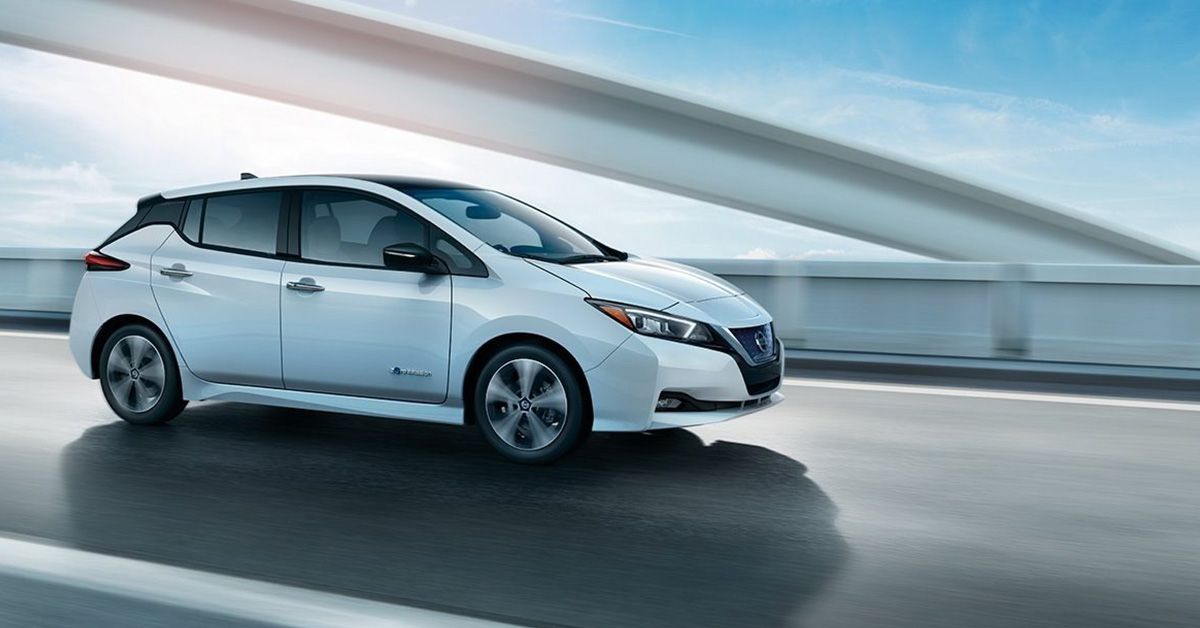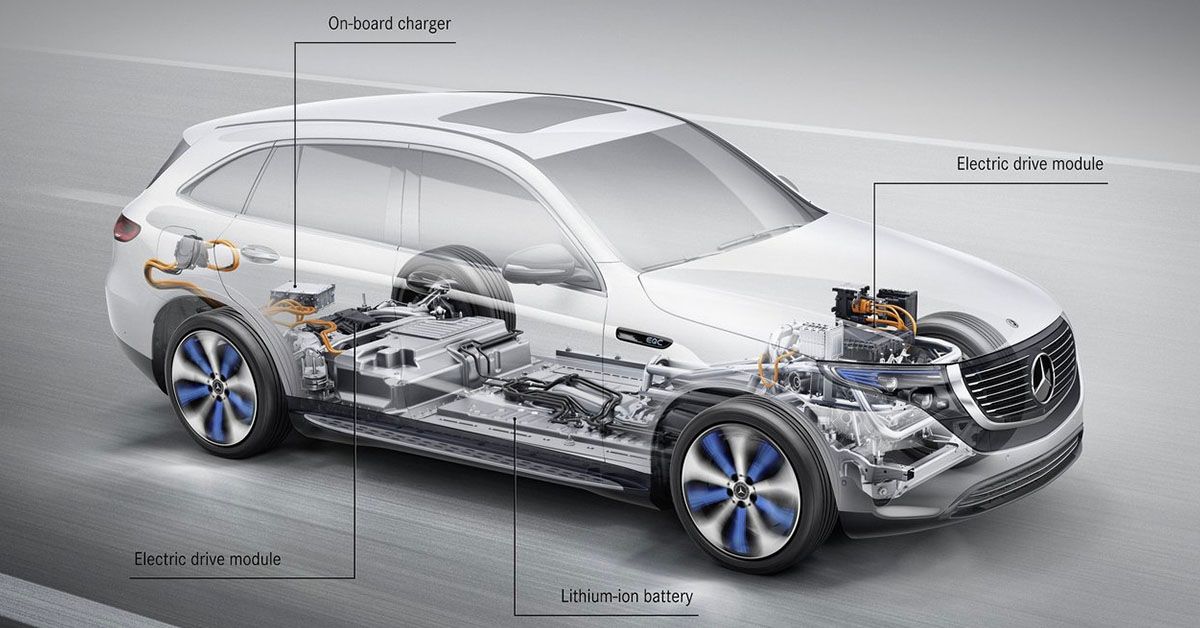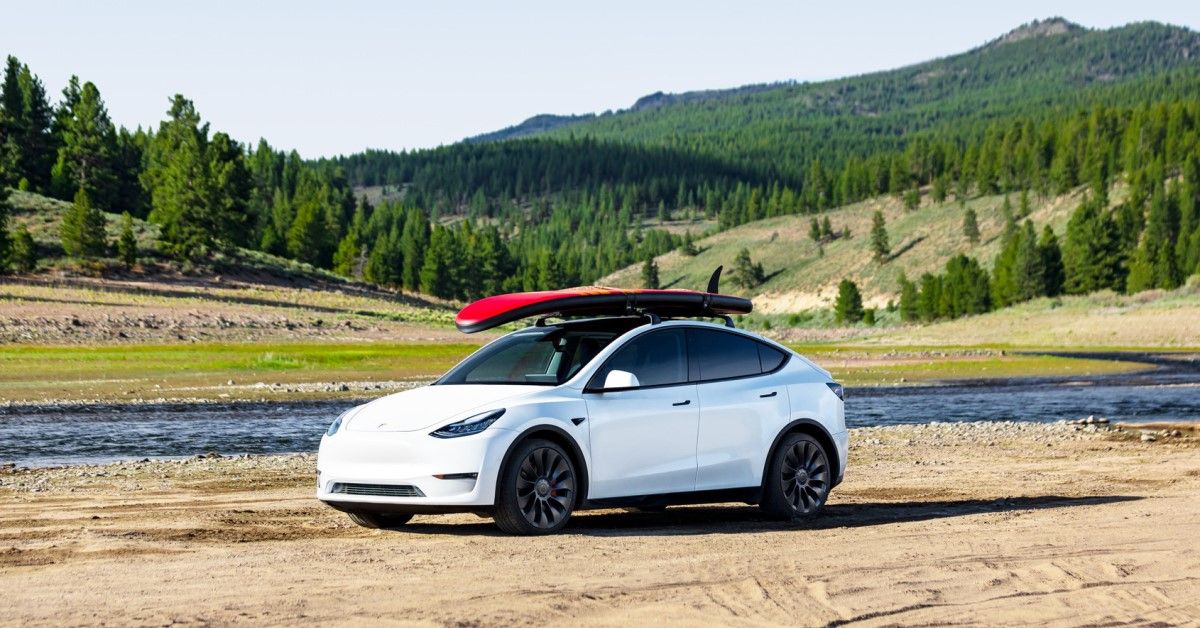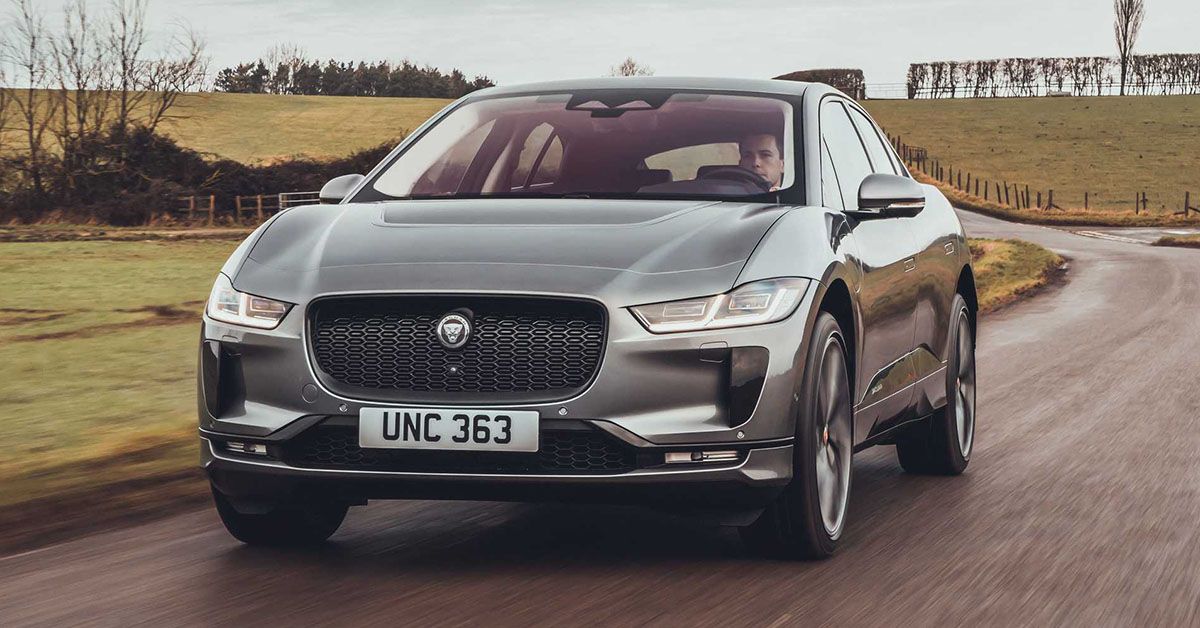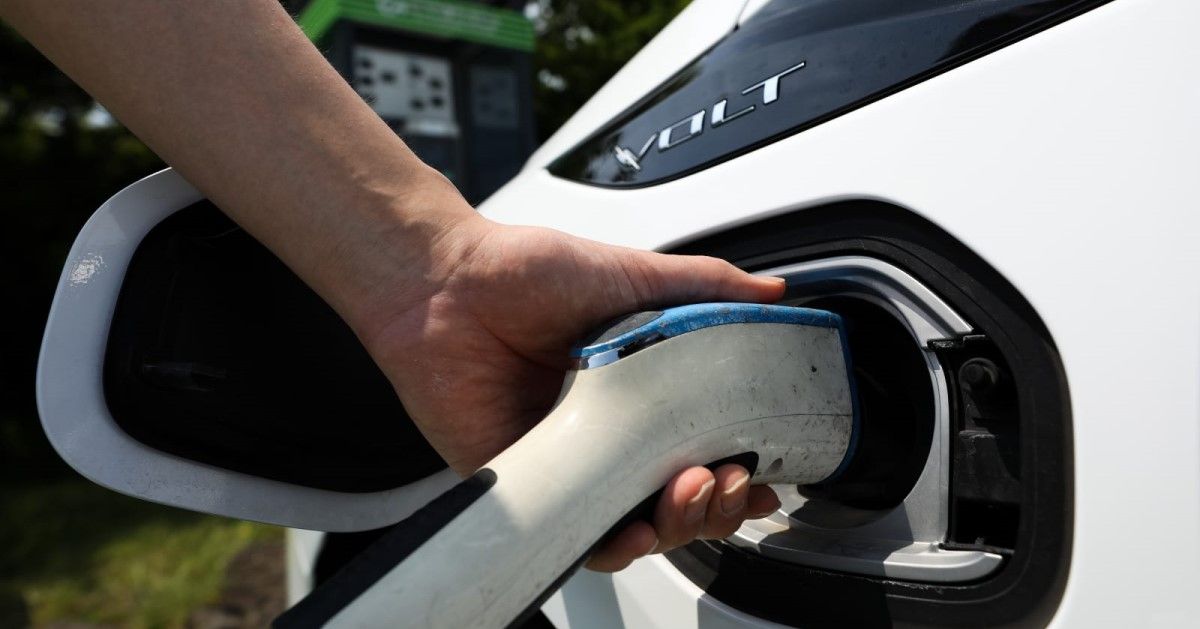For the first time, car buyers are beginning to place the emissions output of a vehicle towards the top of their priority list. This is because fully electric cars have no tailpipe emissions, making them much better and greener for the environment, or so we are told. Electric cars have become much more mainstream in the past few years, with endless options and higher range electric vehicles available on the market. With electric vehicles becoming much more affordable, they are slowly but surely becoming practical alternatives to traditional gas-powered cars.
Although some people may be sad to see it, the automotive industry is beginning to embrace an electric future. Generally electric cars are more expensive to buy than gas-powered cars, for the environmental impact, to the savings you can make on fuel, tax and maintenance costs, electric vehicles can help you save a significant amount of money. With the world inevitably heading towards a gas-free, electric future, why not got ahead of the game and buy yourself an electric car right now.
Is It True That You Can’t Get High Mileage Range In An Electric Car?
Over the past few years, it has been speculated by many that the electric car is no good as a long-distance car and only suitable for a small distance city car. However, with the release of the Tesla Model S, Jaguar I-Pace and the Mercedes-Benz EQC, with much higher range, it is slowly becoming evident that electric cars can be used as both city cars and long-distance cars. While worrying about running out of millage in an electric car is a very real concern and is usually the reason many buyers often go for a gas-powered car, even the cheapest of the electric cars such as the Nissan Leaf e+ come with a reasonable distance of 239 miles. Baring that in mind, there are very little people that travel 119.5 miles to work daily, meaning that if charged overnight, the electric car may provide you with a much cheaper alternate to your gas-powered car.
Zero Emissions – Is This The Future?
It has been proven that fine particles released from a gas-powered car’s exhaust have negative health effects, but electric cars have no exhaust, which means no harmful particles, which equals no pollution. They offer zero emissions when on the road, in cities or in towns and the fact that electric vehicles don’t produce any emissions will help to reduce many greenhouse gasses including CO2 that are known to be very harmful. It is very likely that many cities will incur a congestion charge for gas-powered and high emission vehicles, however electric vehicle will be completely free of charge, which is a huge incentive to go electric.
“I Can’t Afford An Electric Car” – The Truth Is You Probably Can!
Despite electric vehicles initially but not always costing more than gas-powered cars, the day-to-day running costs of an electric vehicle are drastically lower. It is very common for an electric car to be placed on charge overnight, in preparation for the following day, so the electricity being used to charge your vehicle would be charged at a lower rate. It is estimated that charging your electric vehicle at home overnight would cost no-more than a few dollars, and when comparing that to the ever-increasing price of gas and diesel, it seems extremely cheap.
Just How Smooth And Quiet Are Electric Cars?
The short answer is a little too smooth and a little too quiet. The noise of electric vehicles is so minimal that some manufacturers are adding sound generators to ensure pedestrians and other road users are aware of the electric car’s presence. The only noise an electric motor makes is a very faint whirling sound meaning whilst you’re on the road the only sound that you will hear are the tires, the wind, and the road noise, although when you’re in the town all three of these will be extremely minimal.
The Government Will Help You Buy And Maintain An Electric Car?
Government incentives have been used across the world for plug-in electric vehicles. Most of these incentives are mainly in the form of purchase rebates, tax exemptions and tax credits. And all of you in possession of an electric car could be eligible for Federal tax credit and everybody who purchased an electric car may be eligible for a federal income tax credit of up to $7,500. In addition to this, zero emissions vehicles come under the category of zero-rated standard tax, meaning you do not need to pay any road tax on a fully electric vehicle.
Cheaper running costs, greener, cleaner, much better for the environment and with the inevitable and unavoidable switch from gas to electric coming soon, now seems like a perfect time to jump on the bandwagon and purchase yourself an electric car before prices soar.

